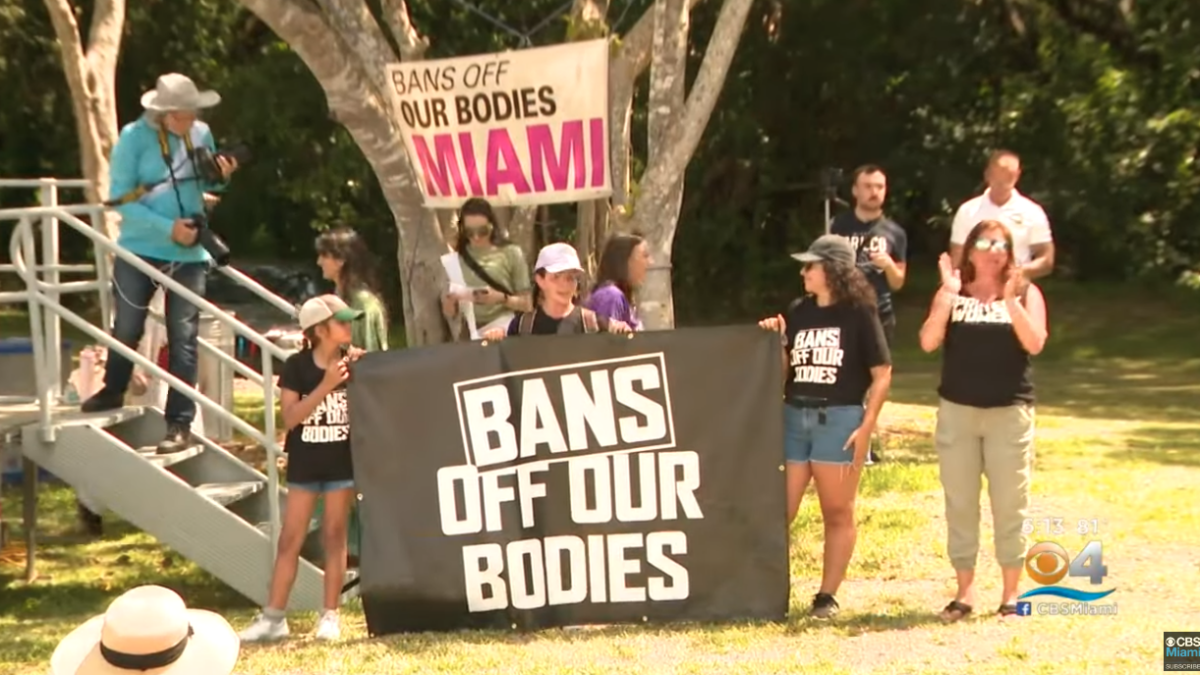The Supreme Court announced this month that it would hear King v. Burwell, a case that will determine whether Obamacare makes federal subsidies available only for state-created insurance exchanges, as the law actually says, or if subsidies are universally available, which is what the law’s supporters now say the law means. Despite the apparent dryness of the topic, there could be serious implications for those concerned about the sanctity of life.
First, some background.
At stake is the viability of Obamacare in about half the states. The law provides for certain taxpayer subsidies to be available for plans on healthcare exchanges that meet certain requirements. One of those requirements is that the exchange be “established by a State” [42 U.S.C. § 18031(d)(1)]. But more than half of all states did not create their own exchanges. In their place the federal government established an exchange under another section of the law [42 U.S.C. § 18041(c)] “within” those states that “fail[ed] to establish [an] exchange.”
Obamacare added many requirements to health insurance plans that have increased their cost. Thus, for many Americans federal subsidies are necessary to make the plans affordable. But under the law those federal subsidies are only available in an exchange “established by a State.” No similar language authorizes subsidies in those exchanges established not by a state, but by the federal government. One reason for this, as the architect of the law acknowledged, was to encourage states to create their own exchanges.
When that carrot failed, the Internal Revenue Service used its stick to paper over this problem, simply decreeing that subsidies would be available in both federal and state exchanges, despite the actual wording of the law. Because Obamacare’s large penalties on employers apply only where employees are left in an exchange receiving federal subsidies [26 U.S.C. § 4980H(a)(2)], this IRS rule has the effect of illegally imposing enormous penalties on employers in most states.
Why Pro-Life Supporters Should Care
1. This IRS rule may close the conscience escape hatch for many pro-life employers.
The Obamacare employer mandate is primarily enforced by the tax penalties imposed on employers. The U.S. Department of Health and Human Services (HHS) has already demonstrated its hostility to pro-life conscience by enforcing the abortion pill mandate against pro-life employers. Continued federal management of health insurance will probably lead to new threats to pro-life consciences. In California, state officials have decreed that all health insurance plans, including those of churches, must cover elective abortion. While this mandate exempted Obamacare exchange plans, a similar mandate being considered in the District of Columbia provides no such exclusion.
Because progressives gotta “progress,” pro-life employers should be concerned that the new attacks on their conscience at the state level will soon become a nationwide threat through mandates given force by the Obamacare employer mandate. That the HHS Office of Civil Rights has failed to respond to the pleas of California churches and others who are being forced to pay for elective abortion coverage confirms the reasonableness of these concerns.
While many pro-life employers also hold a religious conviction that they should provide for their employees’ health insurance, some may be compelled to seek alternatives as government encroachment on their pro-life conscience increases. If a religious employer seeks to avoid an elective abortion mandate in a state by getting out of the insurance business altogether, they would be subject to large tax penalties under Obamacare. Pending the decision in King v. Burwell, those penalties would be illegally imposed. A decision against the government could diminish the government’s leverage to impose increasing burdens on pro-life conscience by robbing it of the effectiveness of the Obamacare employer mandate.
2. Fewer subsidies mean less taxpayer funding for abortion.
At issue in King v. Burwell is the provision of federal taxpayer subsidies for Obamacare plans in the majority of states. As pro-lifers have warned for years, Obamacare’s taxpayer subsidies can be—and are being—used to subsidize abortions. A recent report of the General Accountability Office confirms that taxpayer subsidies are paying for abortion-including plans all over the country. Both because of the actual requirements of the law itself and its implementation by HHS, American taxpayers are subsidizing abortion against the consciences of the vast majority of Americans who oppose this.
Obviously, if the Supreme Court rules that taxpayer subsidies cannot be used to pay for Obamacare plans, in as many as 36 states the result will be far fewer taxpayer subsidized abortions. If the Obama administration cannot live up to its promises that it would not pay for abortions with taxpayer dollars, a Supreme Court decision against the government would help hold it to that promise through another means.
3. Forcing the administration to reason with a pro-life Congress can only be a good thing.
The political reality of 2014-15 is different from that of March 2010. In 2010, a new President Obama was working with a pro-life-minority Congress. Emboldened by his 2008 victory and not yet chastened by his party’s losses in the 2010 (and now 2014) midterms, President Obama did not have to negotiate with pro-life members of Congress or even listen to their concerns. The political reality has changed.
A Supreme Court victory for King to enforce Obamacare as written would make the law unworkable in over half of the country. President Obama would be forced to negotiate with a pro-life Congress to preserve any part of the law. Many pro-lifers would also share the larger fiscal and policy concerns that many have with Obamacare. But, the taxpayer funding of abortion, violations of conscience, and lack of transparency in abortion coverage that have become evident as the law was passed and we have seen what was in it should be included in the price of any “fix.”









